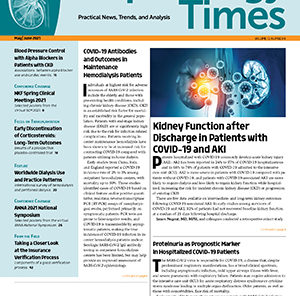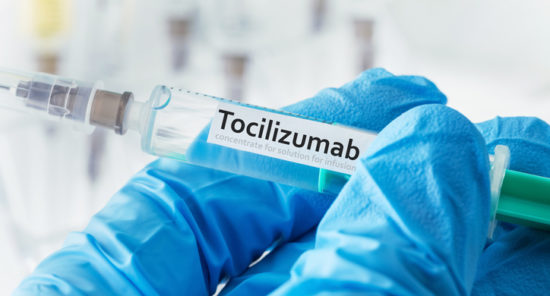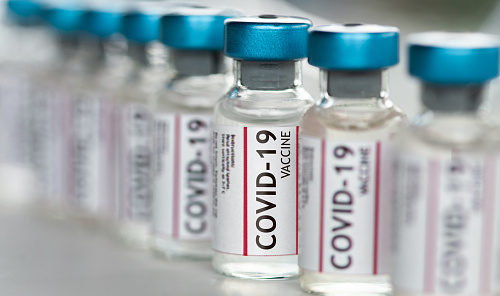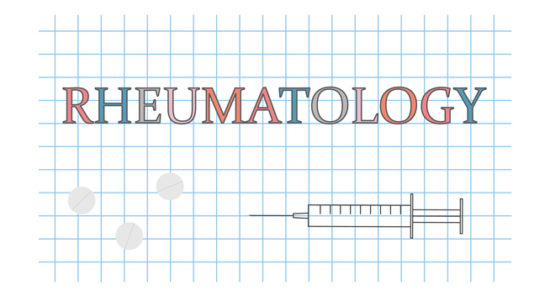In this edition, read about turmeric for osteoarthritis (OA) pain, former tennis professional Caroline Wozniacki’s rheumatoid arthritis (RA) journey, the use of nonsteroidal anti-inflammatory drugs (NSAIDs) in patients with COVID-19, and baricitinib plus remdisivir in COVID-19.
A small study published in the Annals of Internal Medicine found that Curcuma longa extract, known commonly as turmeric, compared to placebo, was more effective in treating pain related to knee OA. Patients were randomized into two groups: Curcuma longa extract (n=36) or placebo (n=34). For Curcuma longa extract patients, compared to placebo, visual analog scale pain improved by −9.1 mm, but effusion–synovitis volume did not change. Curcuma longa extract patients also had greater improvements in Western Ontario and McMaster Universities Osteoarthritis Index knee pain but not lateral femoral cartilage T2 relaxation time. The rate of adverse events did not largely differ between the groups. The study authors also noted that two events in the Curcuma longa extract group and five events in the placebo group may not have been related to the study. The researchers acknowledged that their study was limited by its “modest sample size and short duration,” as the intervention was only 12 weeks long.
It may be difficult to imagine strong, successful athletes battling with something as debilitating as RA. But two years ago, that’s exactly what happened to former tennis professional Caroline Wozniacki. Wozniacki opened up about her experience in an exclusive interview with PEOPLE. In 2018, she was ranked the No. 2 tennis player in the world—unbeknownst to her fans, however, the morning after a three-hour tennis match, Wozniacki couldn’t get out of bed due to “excruciating pain”—eventually she received an RA diagnosis. Wozniacki’s experience led her to launch Advantage Hers, a global campaign aimed at helping women with autoimmune diseases take advantage of their lives and take an active role in managing their disease.
A study published in PLOS Medicine did not observe adverse outcomes associated with the use of NSAIDs in patients with COVID-19. Specifically, the researchers concluded, “Use of NSAIDs was not associated with an increased risk of 30-day mortality or adverse outcomes in patients infected with SARS-CoV-2 in this cohort of all Danish residents who tested positive for SARS-CoV-2.” They did caution, though, that “the well-established adverse effects of NSAIDs, particularly their renal, gastrointestinal, and cardiovascular effects, should always be considered, and NSAIDs should be used in the lowest possible dose for the shortest possible duration for all patients.”
Eli Lilly’s arthritis drug baricitinib, when combined with remdesivir, reduced recovery time for COVID-19 patients by about a day compared to patients receiving remdesivir alone, the company announced. Lilly’s baricitinib is marketed as Olumiant and is indicated to treat moderate to severe rheumatoid arthritis patients who did not have adequate results with a TNF inhibitor. It has been the subject of several COVID-19 clinical trials. The latest data come from the phase 3, randomized, double-blind, placebo-controlled Adaptive COVID-19 Treatment Trial (ACTT-2); more than 1,000 hospitalized COVID-19 patients randomly received either a 4-mg dose of baricitinib plus remdesivir or remdesivir alone. The baricitinib plus remdesivir group exhibited an estimated one-day reduction median recovery time compared to the remdesivir alone group, which the investigators said was a “statistically significant” finding.
Credit: Original article published here.









